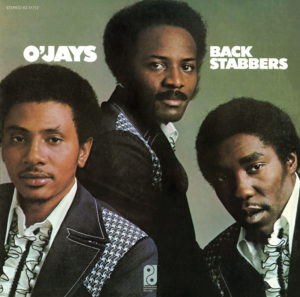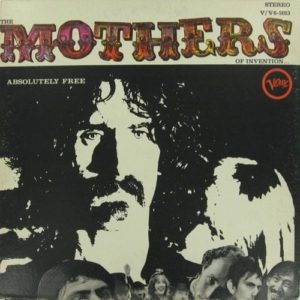Link to a discussion between economists Steve Keen and Michael Hudson:
“Keen, Hudson Unpick Historical Path to Global Recovery”
Selected excerpts:
Michael Hudson: “America did something that has relevance for America for today. After the North won the Civil War, they thought how are we going to teach protectionist, non-Ricardian, non- Malthusian economics. And they say, most of the economic courses were taught at prestige universities, and most universities in America were founded by religious orders to train the priesthood. And the political economy course was taught in the seniorly years, you know, the final one, and it’s all, markets are great.
“So the solution was that you can’t reform these academics. They’re hopelessly tunnel visioned. So America founded state colleges with a different faculty, new people teaching rational, protectionist economics, and the business schools. And the first business school professor was Simon Patten at the University of Pennsylvania, the Wharton School, which was funded by industrial protectionists. And so you had in America this whole body of theory that now has been whitewashed out of textbooks into a kind of Orwellian memory hole.”
***
Steve Keen: “Whereas the top universities are reproducing the religion [neo-classical economics]. And the thing is this is quite a successful strategy when you’re fighting an ideological war. But it’s not a successful strategy when you’re trying to manage a capitalist economy. And, unfortunately, they’re trying to do both at once. And, of course, what that leads to is the debt deflation episode we’re seeing now. Because according to the theories of this high priesthood, such things can’t happen.”
***
Michael Hudson: “When the graduates, who learn what you and I are talking about money, graduate, they can’t get jobs, because jobs are conditional upon being able to publish in prestigious economic reviews, and they’re all controlled by University of Chicago and by neoliberals.
“And the genius of Chicago free market theory is you can’t have a free market Chicago style unless you have a totalitarian state that will prevent any alternative to the theory. When they went to Chile, Harberger is said to have sat in a hotel room saying, here are the professors you have to kill. Pinochet and the American embassy said, here are the labor leaders you have to kill. And here are the intellectuals you have to kill.
“You cannot have a free market neoliberal style unless you are willing to either kill or exile or suppress or censor any alternative to your theory, because the theory doesn’t work. It’s fiction. It’s junk economics.”
***
Steve Keen: “So what they’ve had by the purge they’ve managed to achieve – not quite as drastically as Chile, thank god – but the purge they managed to achieve in intellectual economics to make them just that the sole mainstream and knock out any alternative arguments meant that they took over economic policy as well as economic theory. And pushing it forward led them to the financial crisis that they could not see coming, because they didn’t even include the variables that cause the financial system in their models.
***
“Now what you’re seeing 10 years after the crisis is, finally, some awareness coming through that our models are completely at variance with the real world.”
Missing from this discussion, which labels Keen and Hudson’s opponents as ideologues, is that Keen and Hudson are also ideologues. Philosophy tells us that there is no “reality” free from ideology. What these two should be saying is that their ideology is more scientific, and it benefits a wide proportion of the population. Hudson says, “You know, every economic theory begins with a conclusion and they work back from the conclusion is what kind of logic is going to lead to this.” But that is nearly a definition of “legal realism” in jurisprudence — in other words, it is not some special method that applies to certain (neo-classical) economists, it is the way most people work in any situation, including Keen and Hudson! There is a partial acknowledgement of this when Hudson says, “And all of the reformers, including you and me, look at the – we have a picture of the overall economy, because we’re showing how something whether it’s bad or good will affect the overall economy. The anti-reformers have something in common – a methodology.”







